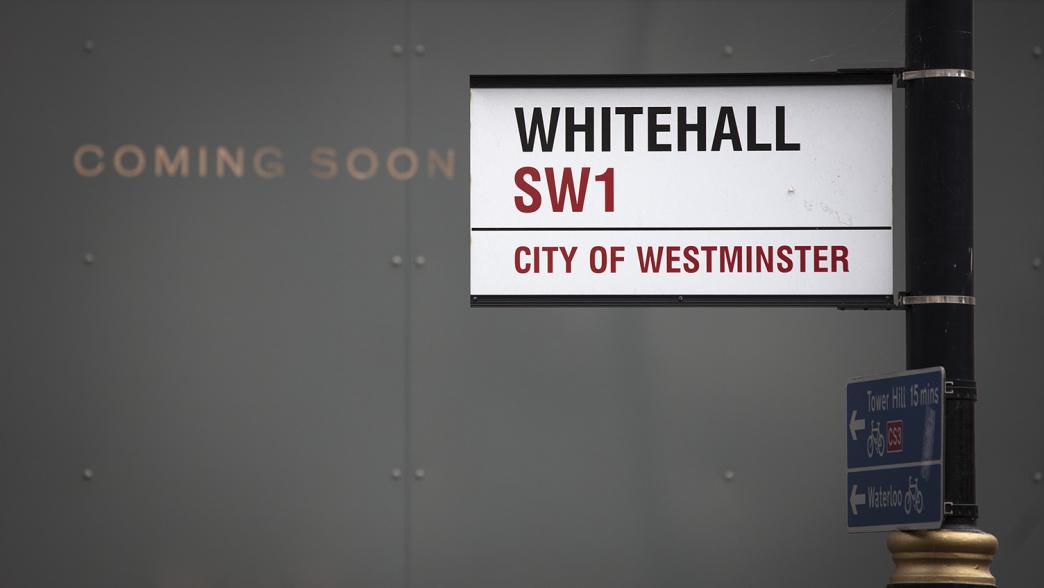Working with your private office
What does the private office do – and how can you get the best out of them?

IfG Academy
We help those working in government to improve it, and those outside government to understand and engage with it.
Find out more